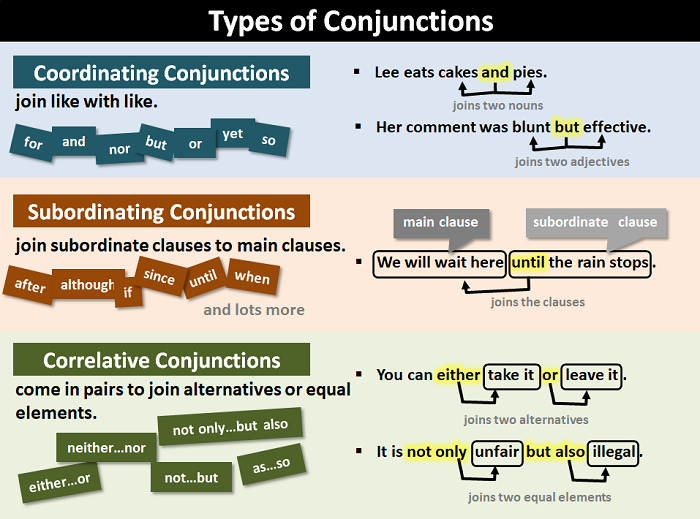Interjections
Interjections are words used to express strong feeling or sudden emotion. They are included in a sentence (usually at the start) to express a sentiment such as surprise, disgust, joy, excitement, or enthusiasm.An interjection is not grammatically related to any other part of the sentence.
Examples of Interjections
In the following examples, the interjections are shaded.- Hey! Get off that floor!
- Oh, that is a surprise.
- Good! Now we can move on.
- Jeepers, that was close.

Yes and No
Expressions such as yes, no, indeed, and well are often used as interjections. For example:- Indeed, this is not the first time the stand has collapsed.
- Yes, I do intend to cover the bet.
Phew!
Some interjections are sounds. For example:- Phew! I am not trying that again.
- Humph! I knew that last week.
- Mmmm, my compliments to the chef.
Multi-word Interjections
Some interjections are more than one word. For example:- Oh, really? I doubt that.
- Holy moly! She won!
- It is cold, indeed.
Real-Life Examples of Interjections
- I'm sure I don't know half the people who come to my house. Indeed, for all I hear, I shouldn't like to. (Poet and playwright Oscar Wilde)
- Yes, it's absolutely true that anything worth doing is worth doing poorly until you can do it well. (Author Zig Ziglar)
- Well, it's 1 a.m. Better go home and spend some quality time with the kids. (Homer Simpson)
- Ah! Don't say you agree with me. When people agree with me, I always feel that I must be wrong. (Oscar Wilde)
- It's smoke, and it's in flames now; and the frame is crashing to the ground, not quite to the mooring mast. Oh, the humanity! (Radio journalist Herbert Morrison reporting on the 1937 Hindenburg disaster)
Why Should I Care about Interjections?
There are two common questions related to interjections.(Question 1) What punctuation follows an interjection?
Recognizing an interjection will help you to choose the punctuation that follows it. If your interjection is not a question (and most aren't), you have a choice. You can use a comma, a period (full stop) or an exclamation mark. Commas and periods are used for mild interjections, while exclamation marks are used for stronger expressions of emotion. Often, an interjection followed by an exclamation mark will be followed by an exclamatory sentence (i.e., one with an exclamation mark).- Jeepers! You scared the life out of me!
- Crikey! Do you think before you speak? (You can't use an exclamation mark at the end of your sentence if it's a question.)
- I always cheer up immensely if an attack is particularly wounding because I think, well, if they attack one personally, it means they have not a single political argument left. (Prime Minister Margaret Thatcher) (When an interjection is in the middle of the sentence, you must offset it with commas. It doesn't happen often.)
(Question 2) Can you use interjections in business writing?
As a general rule, you should avoid using interjections in business writing, but, used very infrequently, they can be impactful and insert some pep into a document. Too much interjection-invoked pep, however, could make you look a little scatty.Key Point
- Use a comma or a period (full stop) after a mild interjection as you think looks best. For a stronger blurt of emotion, use an exclamation mark.


 Got it?
Got it? 

